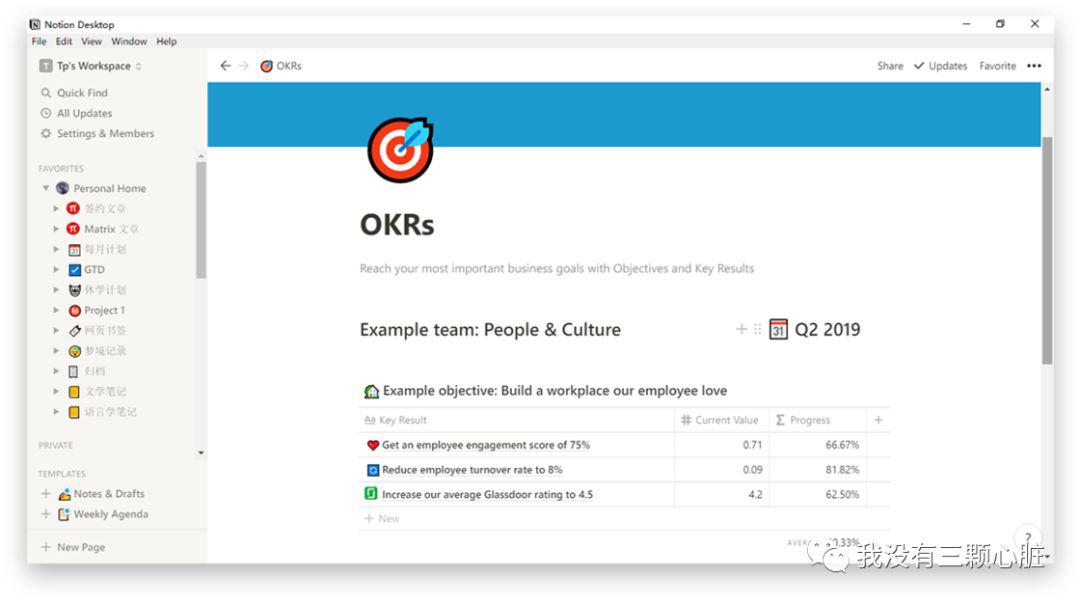"Home Equity Loan vs Personal Loan: Which Financing Option is Right for You?"
Guide or Summary:Home Equity Loan vs Personal LoanWhat is a Home Equity Loan?What is a Personal Loan?Key Differences: Home Equity Loan vs Personal LoanHome……
Guide or Summary:
- Home Equity Loan vs Personal Loan
- What is a Home Equity Loan?
- What is a Personal Loan?
- Key Differences: Home Equity Loan vs Personal Loan
Home Equity Loan vs Personal Loan
When it comes to financing options, two popular choices are home equity loans and personal loans. Both can provide you with the funds you need for various purposes, such as home renovations, debt consolidation, or unexpected expenses. However, understanding the differences between these two types of loans is crucial for making an informed decision that aligns with your financial goals.
What is a Home Equity Loan?
A home equity loan allows homeowners to borrow against the equity they have built in their property. Equity is the difference between the current market value of your home and the outstanding mortgage balance. Home equity loans are typically structured as second mortgages, meaning they are secured by your home. This type of loan usually comes with a fixed interest rate and a fixed repayment term, making it easier to budget your monthly payments.
One of the significant advantages of a home equity loan is that it often offers lower interest rates compared to unsecured loans because the loan is backed by your property. This can make it an attractive option for larger expenses. However, it’s essential to remember that failing to repay a home equity loan could lead to foreclosure, as your home serves as collateral.

What is a Personal Loan?
On the other hand, a personal loan is an unsecured loan that does not require collateral. This means that lenders evaluate your creditworthiness based on your credit score, income, and debt-to-income ratio rather than the value of an asset. Personal loans can be used for a wide range of purposes, including consolidating debt, covering medical expenses, or financing a vacation.
Because personal loans are unsecured, they generally come with higher interest rates compared to home equity loans. The repayment terms can vary, but they are typically shorter, ranging from a few months to several years. This means that while you might pay more in interest over time with a personal loan, you can also pay it off more quickly.
Key Differences: Home Equity Loan vs Personal Loan
When comparing home equity loan vs personal loan, several key differences emerge:
1. **Collateral**: A home equity loan is secured by your home, while a personal loan is unsecured. This difference affects the interest rates and the risk involved in borrowing.

2. **Interest Rates**: Generally, home equity loans have lower interest rates compared to personal loans due to the collateral involved.
3. **Loan Amounts**: Home equity loans often allow for larger borrowing amounts since they are based on the equity in your home. In contrast, personal loans typically have lower limits.
4. **Repayment Terms**: Home equity loans usually have longer repayment terms, whereas personal loans may require quicker repayment.
5. **Usage**: While both types of loans can be used for various purposes, home equity loans are often preferred for larger projects like renovations, while personal loans are suitable for smaller, immediate needs.

In conclusion, choosing between a home equity loan vs personal loan depends on your financial situation, borrowing needs, and risk tolerance. If you have equity in your home and are comfortable using it as collateral, a home equity loan might be the right choice for larger expenses with lower interest rates. However, if you prefer a quick, unsecured solution for smaller amounts, a personal loan may be more suitable. Always consider your financial circumstances and consult with a financial advisor to make the best decision for your needs.